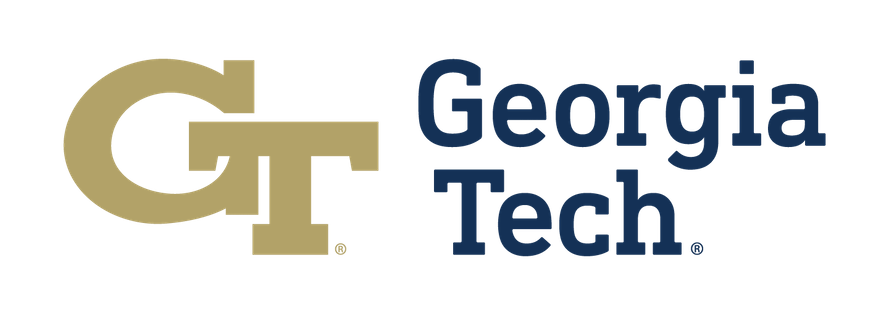Machine learning applications to geophysical data analysis
| Title | Machine learning applications to geophysical data analysis |
| Publication Type | Thesis |
| Year of Publication | 2016 |
| Authors | Ben B. Bougher |
| Month | 08 |
| University | The University of British Columbia |
| City | Vancouver |
| Thesis Type | masters |
| Keywords | AVA, machine learning, MSc, PCA, scattering transform, thesis, well logs |
| Abstract | The sedimentary layers of the Earth are a complex amorphous material formed from chaotic, turbulent, and random natural processes. Exploration geophysicists use a combination of assumptions, approximate physical models, and trained pattern recognition to extract useful information from complex remote sensing data such as seismic and well logs. In this thesis I investigate supervised and unsupervised machine learning models in geophysical data analysis and present two novel applications to exploration geophysics. Firstly, interpreted well logs from the Trenton-Black River study are used to train a classifier that results in a success rate of 67% at predicting stratigraphic units from gamma ray logs. I use the scattering transform, a multiscale analysis transform, to extract discriminating features to feed a K-nearest neighbour classifier. A second experiment frames a conventional pre-stack seismic data characterization workflow as an unsupervised machine learning problem that is free from physical assumptions. Conventionally, the Shuey model is used to fit the angle dependent reflectivity response of seismic data. I instead use principle component based approaches to learn projections from the data that improve classification. Results on the Marmousi II elastic model and an industry field dataset show that unsupervised learning models can be effective at segmenting hydrocarbon reservoirs from seismic data. |
| Notes | (MSc) |
| URL | https://slim.gatech.edu/Publications/Public/Thesis/2016/bougher2016THmla/bougher2016THmla.pdf |
| Presentation | |
| Citation Key | bougher2016THmla |

